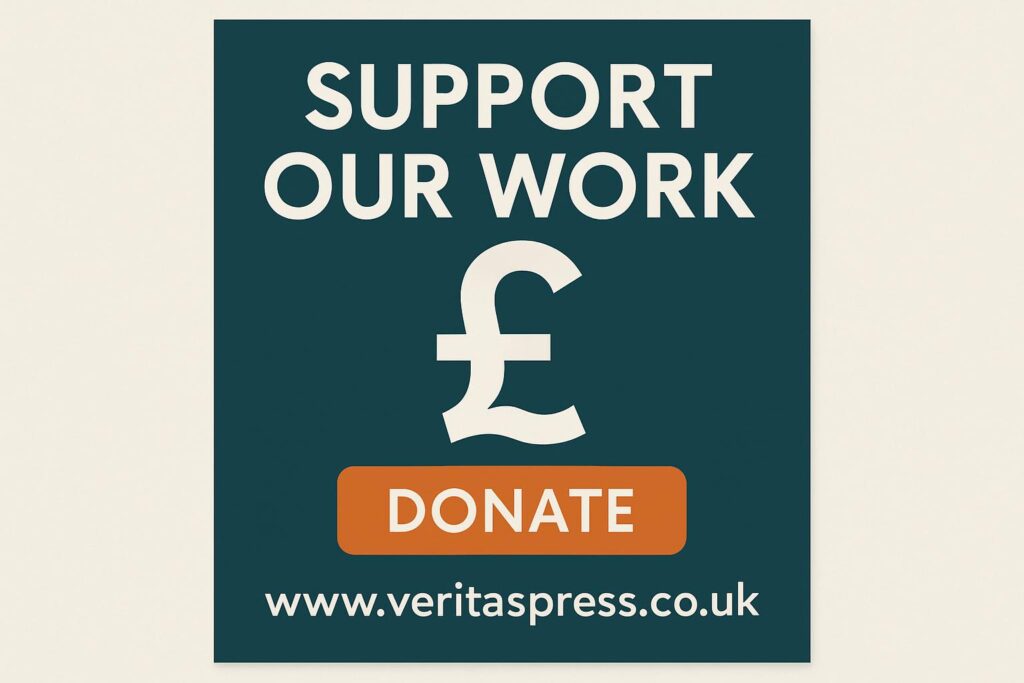Press Release: Veritas Press C.I.C.
Author: Kamran Faqir
Article Date Published: 06 Oct 2025 at 15:42 GMT
Category: Middle East | Israel | Gaza Aid Flotilla Activists
Source(s): Veritas Press C.I.C. | Multi News Agencies

Business Ads


A coalition of human rights lawyers and recently deported activists is levelling stark allegations of mistreatment against Israeli authorities, following the interception of the “Global Sumud Flotilla” last week. While Israel has officially denied the claims, statements from its far-right National Security Minister and detailed testimony from a legal centre paint a picture of a deliberate strategy to intimidate and punish participants of the humanitarian mission.
Allegations Of Coercive Tactics And Deprivation:
The Adalah Legal Centre in Israel, representing many of the detained activists, has provided a detailed account of the alleged abuses. According to legal counsel Lubna Tuma, the mistreatment began from the moment of capture in international waters.
Activists testified to being forced into painful stress positions for extended periods. “They were forced to sit on their knees and elbows. Their foreheads were on the floor, and they kept that for more than one hour. They were not allowed to move or talk to each other,” Tuma stated in a video briefing.
Upon arrival at Ashdod Port and later at detention facilities, activists reported being held in overcrowded, small cells. “We are speaking about three-meter rooms. Fifteen activists stay there together. They were handcuffed from behind for more than five hours,” Tuma said. She added that detainees were denied food, water, and medical treatment for “many, many, many hours,” with specific cases including a cancer patient and a heart patient being denied medication, and others who reported being kicked in the head being denied painkillers.
Reports Of Discriminatory And Heightened Abuse:
The allegations suggest a pattern of discriminatory treatment, particularly against women and Arab activists. “The behaviour towards women was much harder and much more severe than towards men,” Tuma reported. She also noted that Arab citizens and women wearing hijabs were singled out, with hijabs being confiscated in prison and prayers being prohibited.
Lubna Tuma argued that the severity of the treatment was a deliberate escalation. “The objective of the Israeli authorities is to prevent anyone from thinking even about coming back on another flotilla, or dare even to think about entering humanitarian aid,” she said, suggesting a policy of deterrence through intimidation.
This sentiment was seemingly endorsed by Israel’s far-right National Security Minister, Itamar Ben Gvir. During a visit to the Ketziot prison where some activists were held, Ben Gvir declared he was “proud” that the flotilla participants were being treated as “terror supporters,” a stark contrast to the official government line.
Mass Deportations And Official Denials:
The Israeli military’s operation against the flotilla, which began last Wednesday, resulted in the detention of over 470 activists from more than 50 countries. The flotilla was attempting to break the 18-year Israeli blockade of Gaza by delivering humanitarian aid and drawing international attention to the dire conditions in the strip, which the UN has declared uninhabitable after over eight months of war that has killed more than 100,000 Palestinians.
The deportation process began over the weekend. On Monday, Israel’s Foreign Ministry announced that 171 activists, including prominent climate activist Greta Thunberg, had been deported to Greece and Slovakia. The ministry shared images on the social media platform X, labelling the activists “provocateurs from the Hamas–Sumud flotilla” and describing the mission as a “PR stunt.”
Other nations confirmed the release of their citizens. Ireland’s Tánaiste (Deputy Prime Minister) Micheál Martin stated that 16 Irish nationals were “on their journey home.” British citizens, including Evie Snedker and journalist Kieran Andrieu, were also seen arriving in the UK wearing the same grey tracksuits that appeared to be standard-issue detention attire.
Upon her return, Evie Snedker posted on Instagram, “I’m back safe and sound and have broken my hunger strike since landing back in the UK (and finally got out of my prison clothes).”
Conflicting Narratives And Legal Challenges:
Israel’s official position, as stated by its Foreign Ministry, is a blanket denial of all allegations. The ministry called the reports of mistreatment “complete lies” and “brazen lies,” asserting that “all the detainees’ legal rights are fully upheld.” It pointed to a single incident, described as violence from a detainee, whom it called a “provocateur” who “bit a female medical staff member.”
However, Adalah Legal Centre challenges this narrative, highlighting that initial hearings for activists were conducted at Ashdod Port without legal counsel present, a procedure they argue violates due process. “That means that numerous activists started the administrative procedure without having a legal counsel,” Tuma noted.
The incident has also reignited a debate over the legality of Israel’s actions. The interception of the vessels in international waters has been condemned by human rights groups and some world leaders as a violation of international maritime law. Meanwhile, Israel maintains that its naval blockade is a legal and necessary security measure.
As the deported activists return to their home countries and share their experiences, the claims of systematic mistreatment are likely to fuel further criticism of Israel’s policies and its handling of the detainees, underscoring the deep divisions and intense emotions surrounding the conflict in Gaza.

























